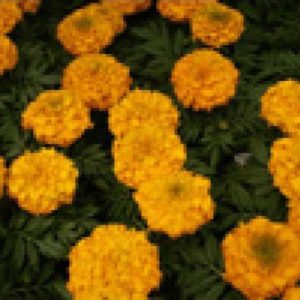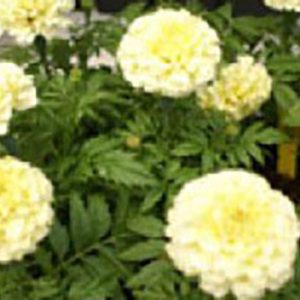Description
Calandrinia – Rock Purslane –
There are about 150 species of annuals and short lived, tufted to clump forming, low growing, evergreen perennial, a few of which are succulent, in this genus. They occur in hot, dry, open, rocky areas, and sometimes grassy or bare alpine steppe or scree, in Western North America, Cental America to Northwestern and Western South America and also Australia. Although they often appear rosetted, the narrow, smooth edged, usually fleshy leaves are alternate. Atop of short, weak flowering stems it carries 5-7 petaled flowers, with 2 large sepals, are usually red, reddish purple, white, or yellow to orange, and may be solitary or borne in semi erect or pendent racemes or panicles. Grow on a sunny bank or in a border, rock garden, scree bed or alpine house.
Grow in open, slightly acidic, humus rich, sharply drained soil in full sun.
Prone to aphids, spider mites, slugs and snails.
C. ciliata – Redmaids – This semi prostrate to semi erect annual from Ecuador, and Peru grows 12″ tall and wide. It produces fleshy, linear to spoon shaped, gray green leaves, 1 ½” long, purple beneath, on spreading, erect stems. In late summer it bears solitary, purple, red, pink or white flowers, to 3/4″ across. Needs light soil in a sheltered site in full sun.
Zones 7-9





